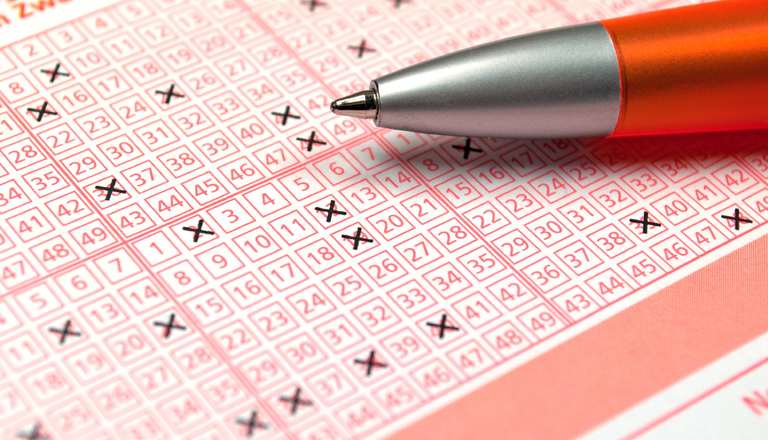
You might think that lottery terminals are just places where you can buy and redeem your lottery tickets. But lottery terminals do so much more, and in fact are extremely important in ensuring honesty and integrity in lottery play.
Both the terminals and the retailers are dependent on each other to provide players with a true and honest game play.
What they do
There are many types of lottery terminals in production and use throughout the gaming industry.
But most terminals do the majority of operations in the same way. For instance, the numbers selected by a player can be read off a play slip or randomly generated by the terminal.
If a play slip has been filled out incorrectly, the terminal will not process the slip and will advise the retailer that an error has occurred, and what the error is.
Validation of lottery tickets and scratch tickets are done by the terminal reading the barcode on the ticket, searching the winning ticket database, and indicating whether the ticket is a winner or not.
The actual ticket paper itself is subject to specific regulations. Retailers must use a “first in, first out” rule to ensure that ticket stock is used up before its “expiry” date, or date in which the paper is deemed no longer suitable for printing.
The ticket paper is both heat and light sensitive so boxes must be stored in a cool, dry, and dark place under lock and key.
As the boxes of ticket paper are assigned to a specific retailer, paper stock can not be transferred between retailers, or shared among them.
Analyzing
Although there are many buttons on the terminal screen to select actions such as to sign in to the terminal or select a specific game to generate or validate a ticket, one of the most important buttons is the REPORT button.
The terminal provides many reports that retailers can call up and use to analyze ticket sales.
For instance, the retailer can see the number of top prizes won at their location within a certain period.
They can see the sales figures for individual games, combined games, total sales, etc.
They can get details on ticket paper and scratch ticket inventory, and returns data on partial or full ticket boxes that have issues and are being returned.
They can even get reports on individual cashier’s sales, including amounts, times, dates, etc.
Can anyone have a terminal
Some jurisdictions require potential sellers to be able to qualify to become a lottery retailer.
The retailer may have to complete an application and meet certain criteria such as having a retail location that is highly visible to players, suitable for regular and handicapped customer flow, and is in an area that has the community population base to support minimum sales requirements.
Most retailers and employees who will be selling and validating tickets must pass investigation checks to ensure they have no criminal convictions, credit issues, or other things such as character or integrity issues that might otherwise put the retailer or employee into position to defraud or cheat the operator or the player.
And if they do get accepted as a retailer, they must pass mandatory training before the lottery terminal can be activated.
Once a lottery retailer is approved, they must abide by all the rules and regulations of the regulator and operator to maintain their status.
For instance, lottery retailers are forbidden to sell tickets to individuals who appear to be intoxicated, are minors, or fall under any number of other prohibited sales.
They would also have to display any and all marketing material and participate in all special promotions.
They must also accept unannounced audits or visits from the operator or regulator to check up on the retailer.
Being a lottery retailer is a good way to make a living, but not as easy as it looks from the buying side of the desk or kiosk.
The retailer and his or her terminal are there to police the sale, ensure integrity,transparency, and validate and pay all winning tickets.
So the retailer is your connection to the lottery operator and the terminal is their tool to provide players with an honest gaming experience.
